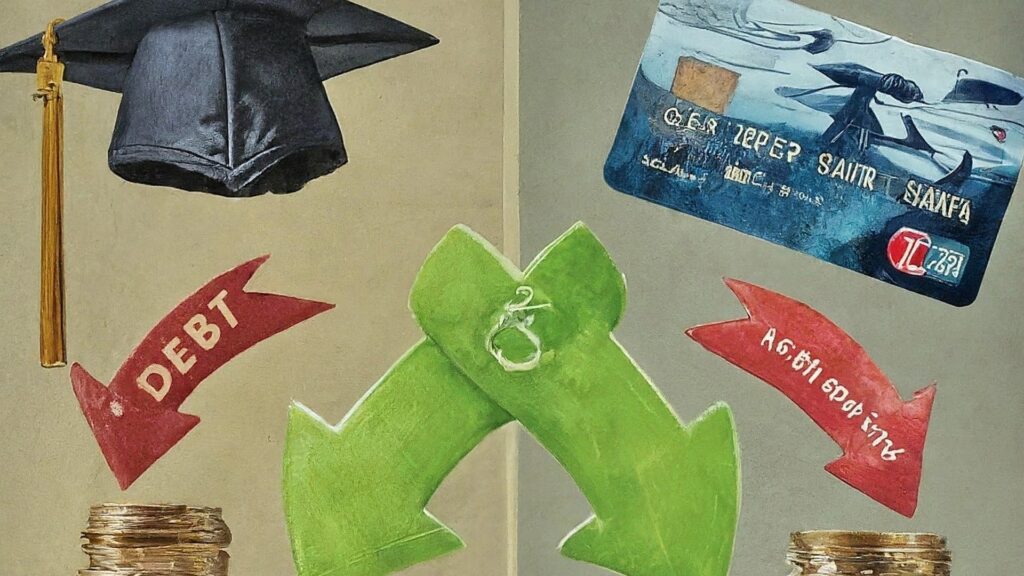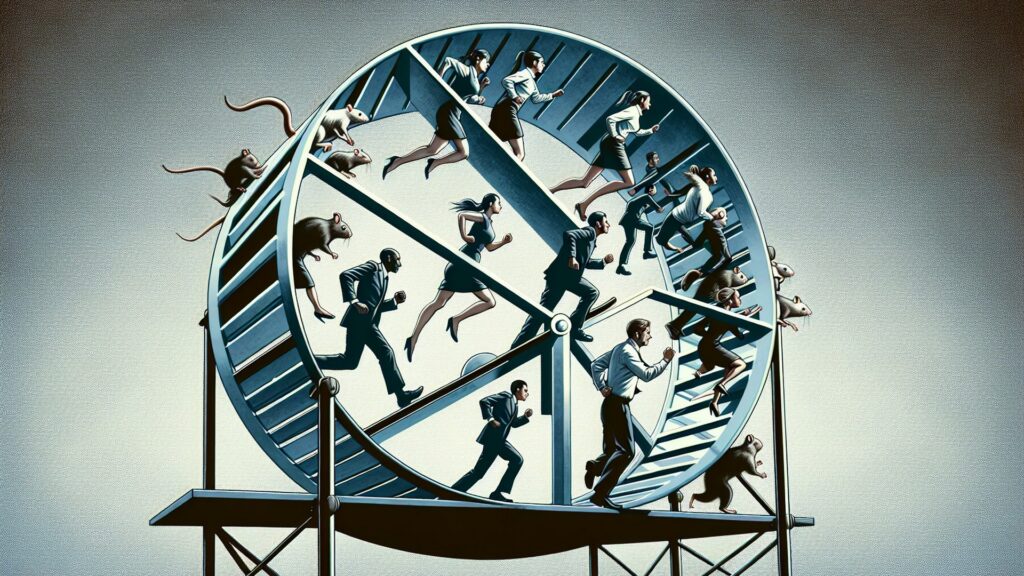Success stories can be inspirational and motivating, especially when you look for hope in trying times. While success looks great at the outset, it involves a lot of hard work, determination, and grit to overcome challenges and obstacles. Success stories are also proof that dreams can come true.
To restate Greek philosopher Aristotle's thoughts, success breeds success. The motivation for tech billionaire and Meta Platforms Inc. co-founder Mark Zuckerberg to create Facebook was "getting laid," according to Shark Tank host Mark Cuban, but Zuckerberg didn't get stuck at that. He instead built on his success, and his net worth now stands at $185 billion.
That's one reason why I love reading success stories. One of those is "Rich Dad Poor Dad" author Robert Kiyosaki. He challenged how millions of people think about personal finance, a crucial aspect that determines the trajectory of how a person gains and manages their wealth.
Make Your Money Work For You

One of my biggest takeaways from Kiyosaki's "Rich Dad Poor Dad" is to make money work for me, not the other way around.
What Kiyosaki means by this is that it's important to create assets that can generate passive income, allowing you to work less over time. This is essential if you want to become financially independent and retire early, or FIRE.
Good Debt Versus Bad Debt

One of the central themes of Kiyosaki's philosophy is using leverage wisely. He recommends distinguishing between debt in terms of good and bad based on what you intend to use it for.
For instance, good debt would be used to acquire assets that generate cash flow – this would be investments or properties that generate positive cash flow.
Examples of bad debt include cars, boats, houses, or even your credit card bills since these are expenses and a net negative in terms of cash flow.
See Also: Mark Cuban Says Acquiring Dallas Mavericks Was All About Fun, Not Billions
Quit The Rat Race By Investing In Assets

One of the terms Kiyosaki recalls often is "rat race." Essentially, this race involves people going to their regular 9-to-5 jobs to earn a paycheck, only to end up spending most or all of it.
It's difficult but not impossible to quit this rat race. One of the first things to do to quit this race is to live within your means and invest as much as possible.
Develop A Money Mindset

One of the key requirements of becoming rich is to have a "money mindset."
Rich people treat money not as an end but as a means to generate more wealth. They use debt strategically and are not afraid of employing leverage to become financially independent.
‘Winners Are Not Afraid Of Losing'

A rich mindset is never afraid of taking risks. This applies to other aspects of life as well, not just wealth.
Rich people know that to grow, they have to step outside of their comfort zone.
With that said, it's important to take calculated risks and not throw money at any and every investment opportunity that shows up.
"Winners are not afraid of losing. But losers are. Failure is part of the process of success. People who avoid failure also avoid success."
Image Credits – Shutterstock
© 2025 Benzinga.com. Benzinga does not provide investment advice. All rights reserved.
Trade confidently with insights and alerts from analyst ratings, free reports and breaking news that affects the stocks you care about.